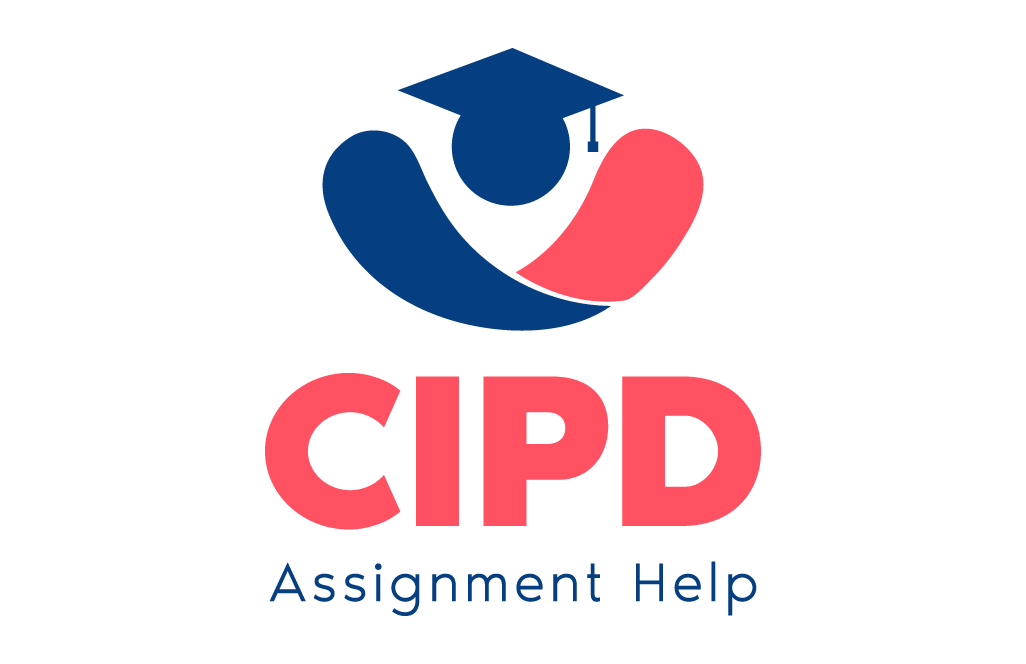5CO02 EVIDENCE-BASED PRACTICE
- February 12, 2025
- Posted by: Fletcher Samuel

The 5CO02 Evidence-Based Practice module is a core unit of the CIPD Level 5 Associate Diploma in People Management. This unit develops learners’ ability to make effective, ethical, and evidence-based decisions in modern organisations.
Our expert support for 5CO02 Evidence-Based Practice helps learners understand how to collect, analyse, and apply qualitative and quantitative data to solve real workplace challenges. The module strengthens critical thinking, ethical judgement, and analytical skills, ensuring learners meet both CIPD assessment criteria and professional standards.
This unit is essential for HR and people professionals who want to demonstrate credibility, improve decision-making, and drive organisational performance using evidence-based practice.
Table of Contents
What You Will Learn
By completing this unit, learners will gain the skills required to:
- Apply evidence-based practice models to people management decisions
- Analyse quantitative and qualitative data to support recommendations
- Demonstrate critical thinking and professional judgement
- Evaluate the ethical implications of people-related decisions
- Measure the impact of people practices on organisational outcomes
This unit prepares learners to succeed in CIPD Level 5 assessments, workplace applications, and future strategic HR roles.
Topics Covered
- Evidence-based decision-making in HR and people practice
- Ethical decision-making and professional standards (CIPD Code of Conduct)
- Critical thinking, bias awareness, and data evaluation
- Decision-making models and organisational analysis tools
- Research methods and data collection techniques
- Measuring people practice impact and organisational performance
Why Choose Our 5CO02 Support?
- CIPD-aligned content written by people practice specialists
- Assignment-ready explanations linked directly to learning outcomes
- Practical workplace examples for easy application
- High success rate for CIPD Level 5 learners
- Ideal for HR professionals, people managers, and L&D practitioners
Learning Outcomes & Assessment Criteria Mapping
This unit assesses learners against the following CIPD learning outcomes:
LO1: Understand strategies that support critical thinking and evidence-based decision-making
- Evidence-based practice principles
- Decision-making models and theories
- Critical evaluation of data and information
LO2: Understand the importance of ethical decision-making in people practice
- Ethical frameworks and professional standards
- Managing bias and ethical dilemmas
- Responsible and fair decision-making
LO3: Be able to measure the impact of people practice
- Data analysis techniques
- KPIs and performance measures
- Linking people initiatives to organisational outcomes
5co02 Assessment Question Answers
Below are assignment-ready sample answers aligned with typical CIPD 5CO02 assessment tasks.
Assessment Question 1
Explain the principles of evidence-based practice and how they support effective decision-making.
Sample Answer:
Evidence-based practice refers to the systematic use of the best available evidence to inform decision-making. In people practice, this involves integrating professional expertise, organisational data, stakeholder perspectives, and academic research to reach well-informed conclusions.
Evidence-based practice supports effective decision-making by reducing reliance on intuition and assumptions. Instead, decisions are grounded in credible data, increasing accuracy, consistency, and organisational trust. By critically evaluating evidence sources, people professionals can identify risks, justify recommendations, and align decisions with organisational objectives.
Assessment Question 2
Assess the importance of critical thinking in evidence-based decision-making.
Sample Answer:
Critical thinking is essential in evidence-based decision-making because it enables professionals to evaluate the quality, relevance, and reliability of evidence. It involves questioning assumptions, recognising bias, and distinguishing between facts and opinions.
In people practice, critical thinking ensures decisions are objective and ethical. Without it, decision-makers risk misinterpreting data, relying on misleading information, or reinforcing unconscious bias. Critical thinking therefore enhances judgement, improves problem-solving, and supports sustainable organisational outcomes.
Assessment Question 3
Explain how ethical decision-making influences people management practice.
Sample Answer:
Ethical decision-making ensures that people management practices are fair, transparent, and aligned with professional standards such as the CIPD Code of Professional Conduct. It influences how evidence is collected, interpreted, and applied, ensuring that decisions do not disadvantage individuals or groups.
Ethical decision-making also promotes trust, employee engagement, and organisational reputation. By considering the ethical implications of decisions, people professionals can balance organisational goals with employee wellbeing and legal responsibilities.
Assessment Question 4
Explain how the impact of people practice can be measured.
Sample Answer:
The impact of people practice can be measured using both qualitative and quantitative data. Quantitative measures may include turnover rates, absence levels, productivity metrics, and employee performance data. Qualitative measures may involve employee feedback, engagement surveys, and interviews.Analytical tools such as the Balanced Scorecard and KPIs allow organisations to link people initiatives to strategic outcomes. Measuring impact enables organisations to evaluate effectiveness, demonstrate value, and support continuous improvement in people management practices.
Must Read:
